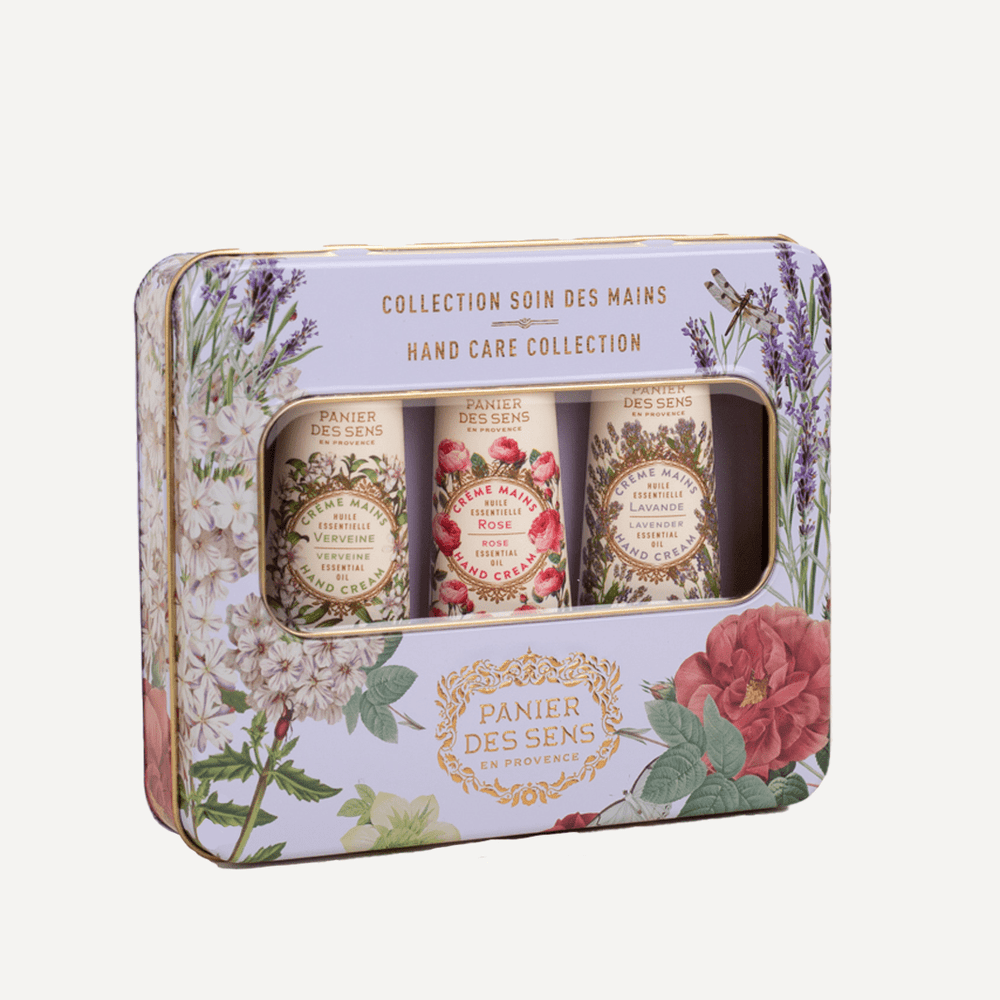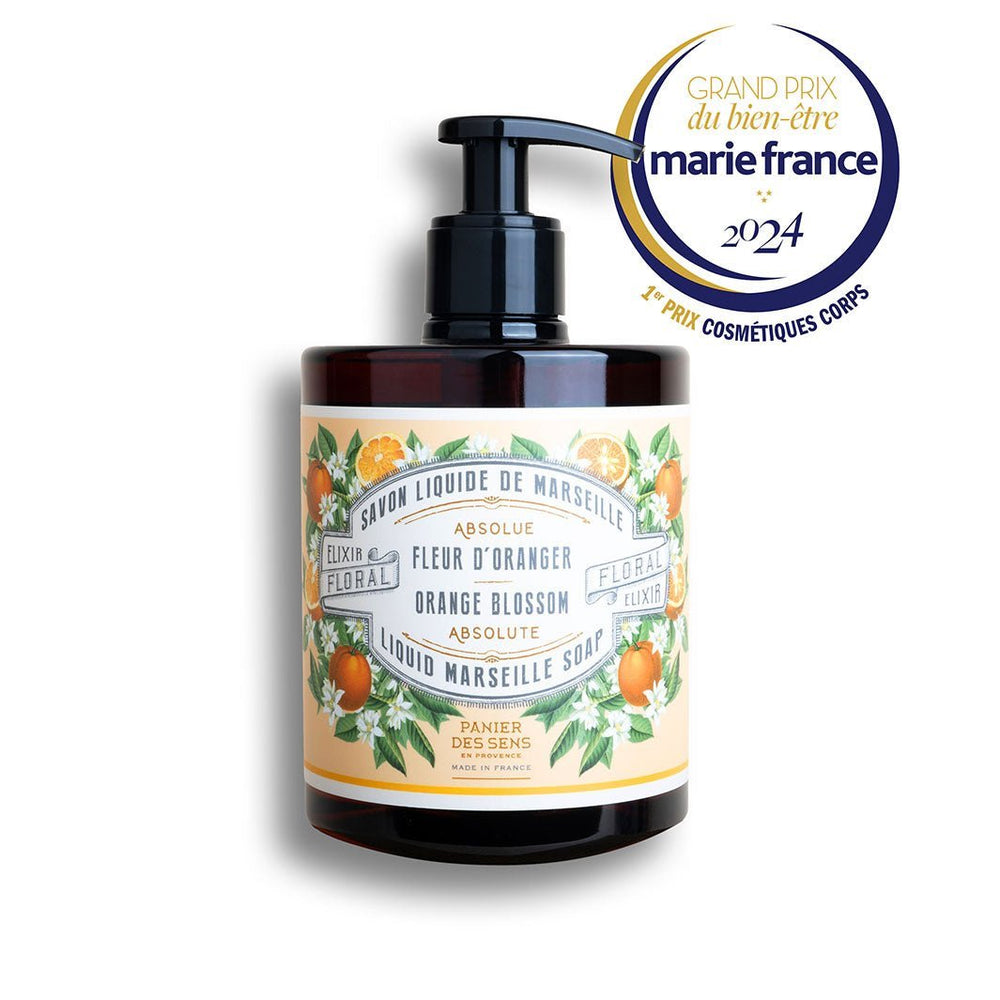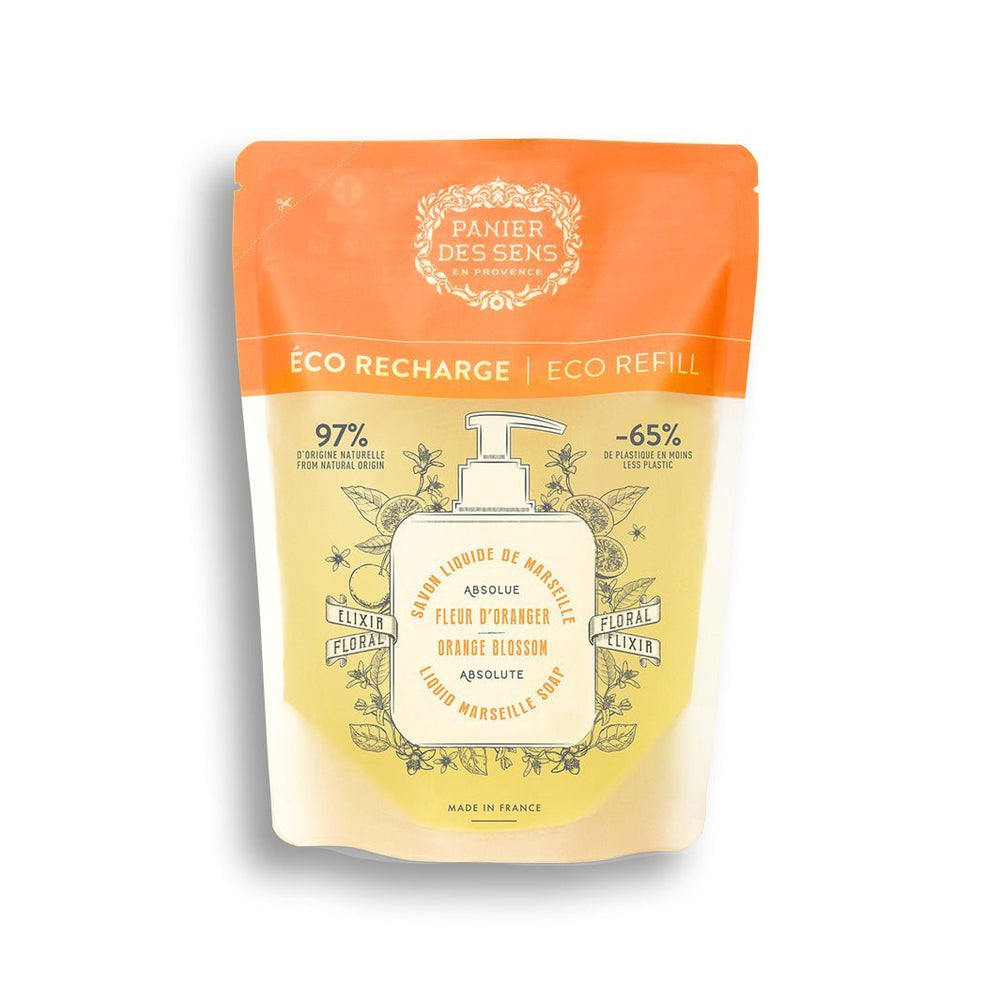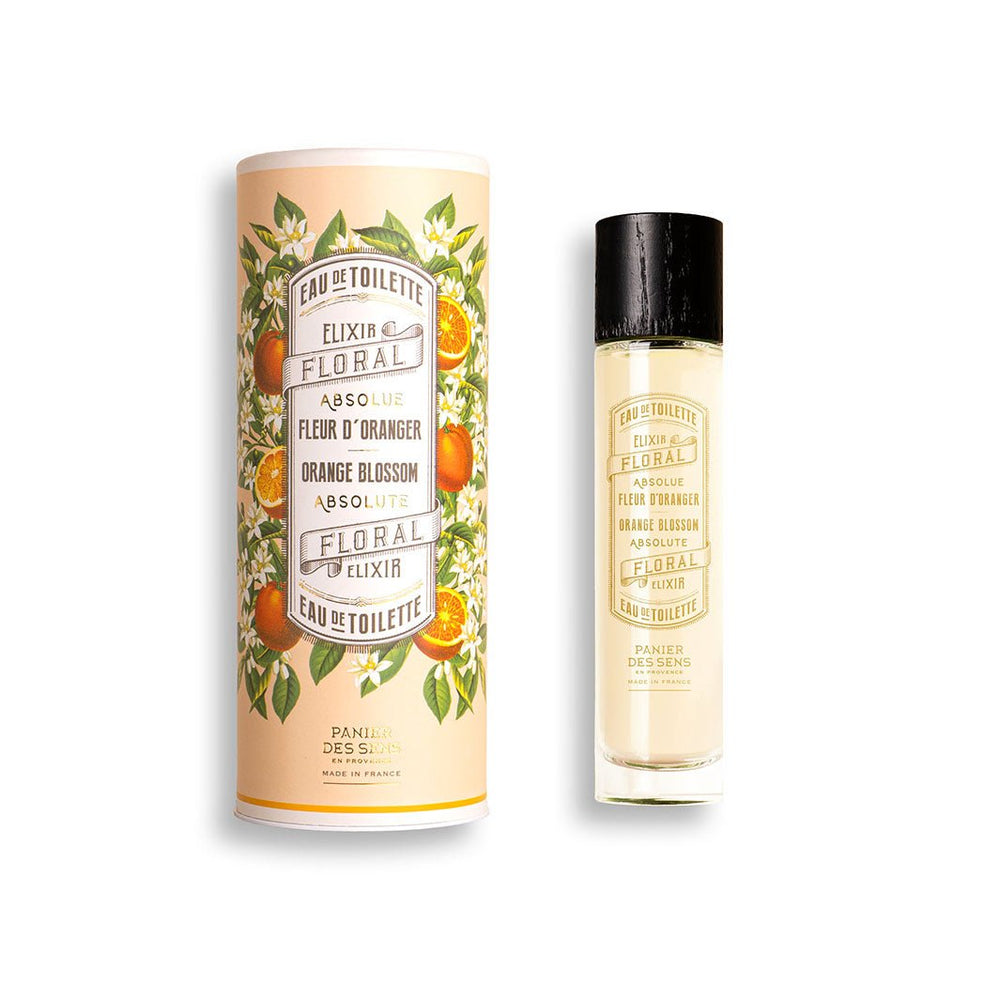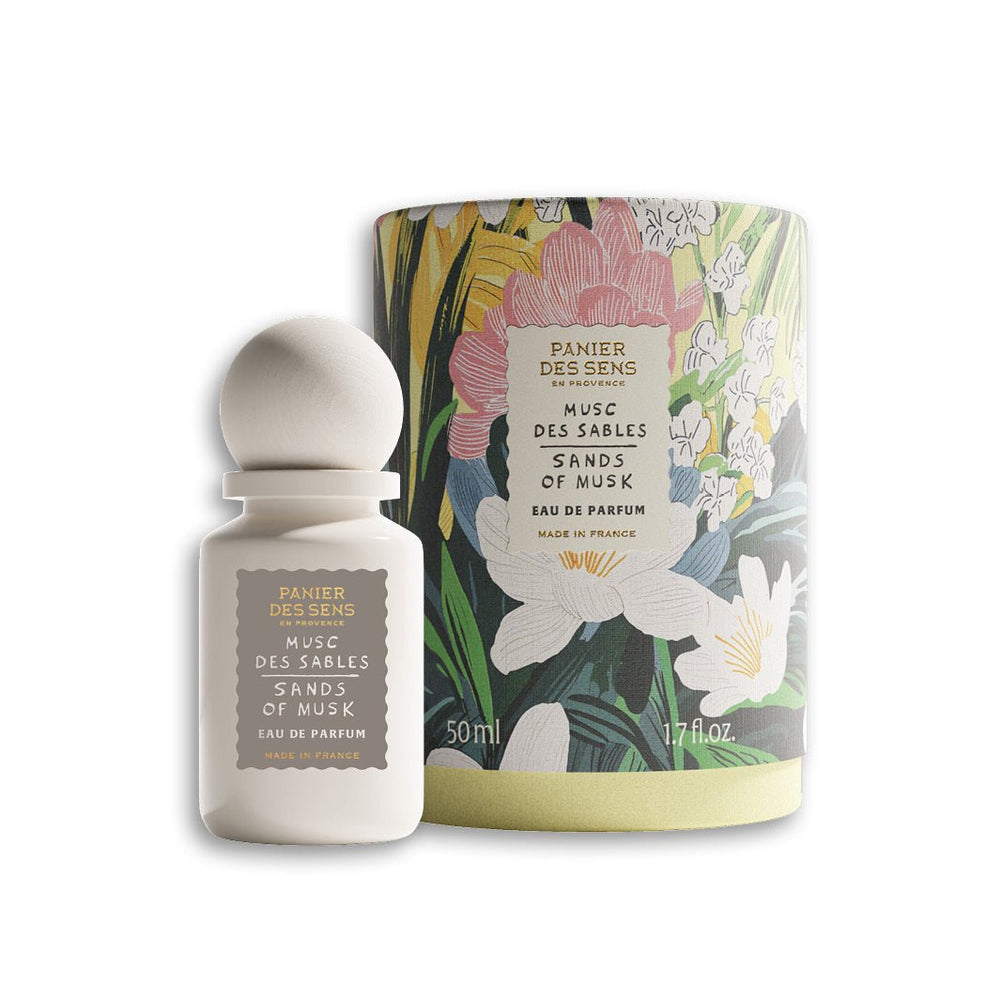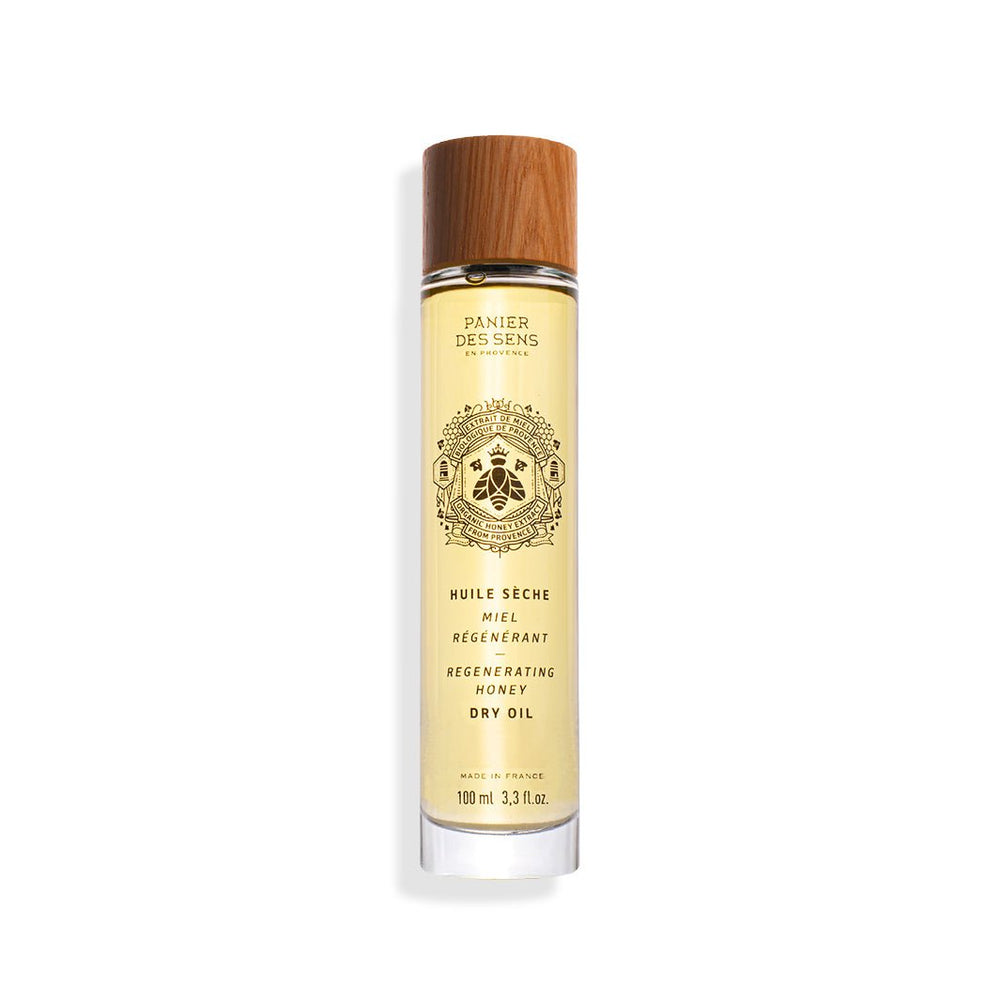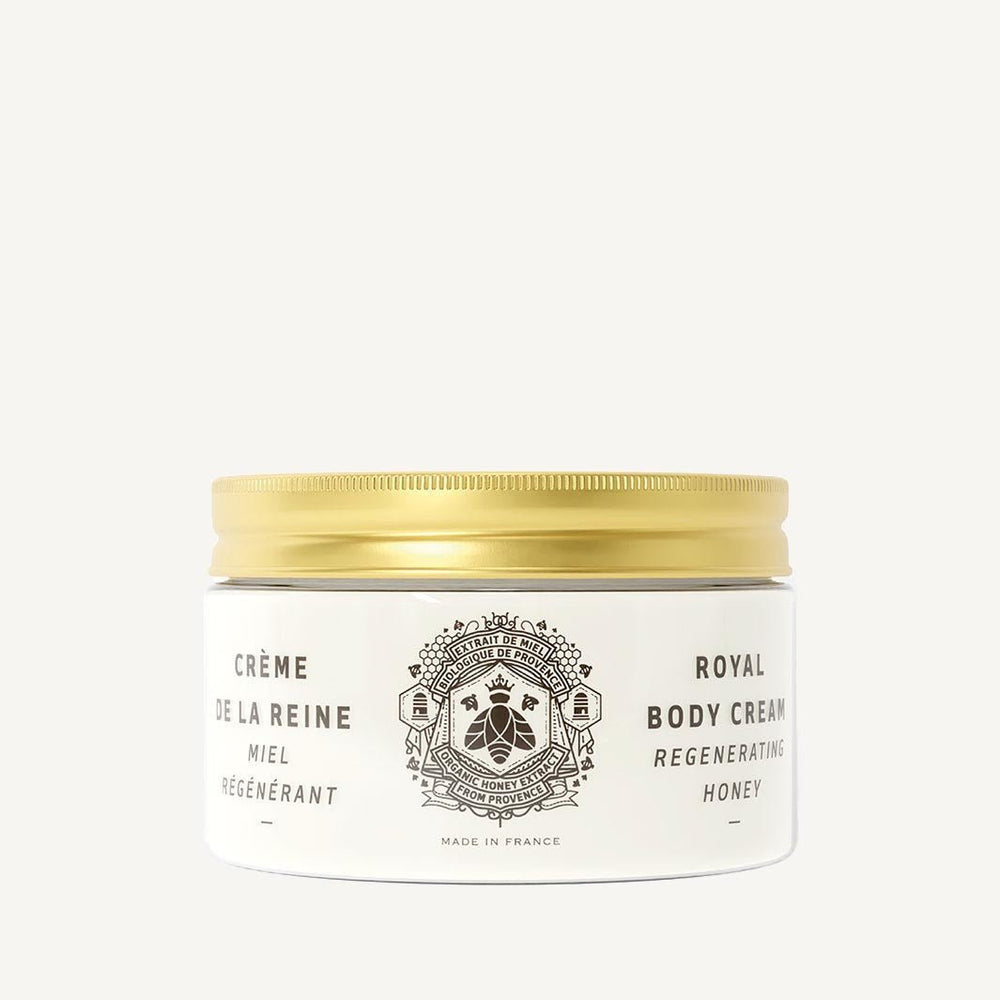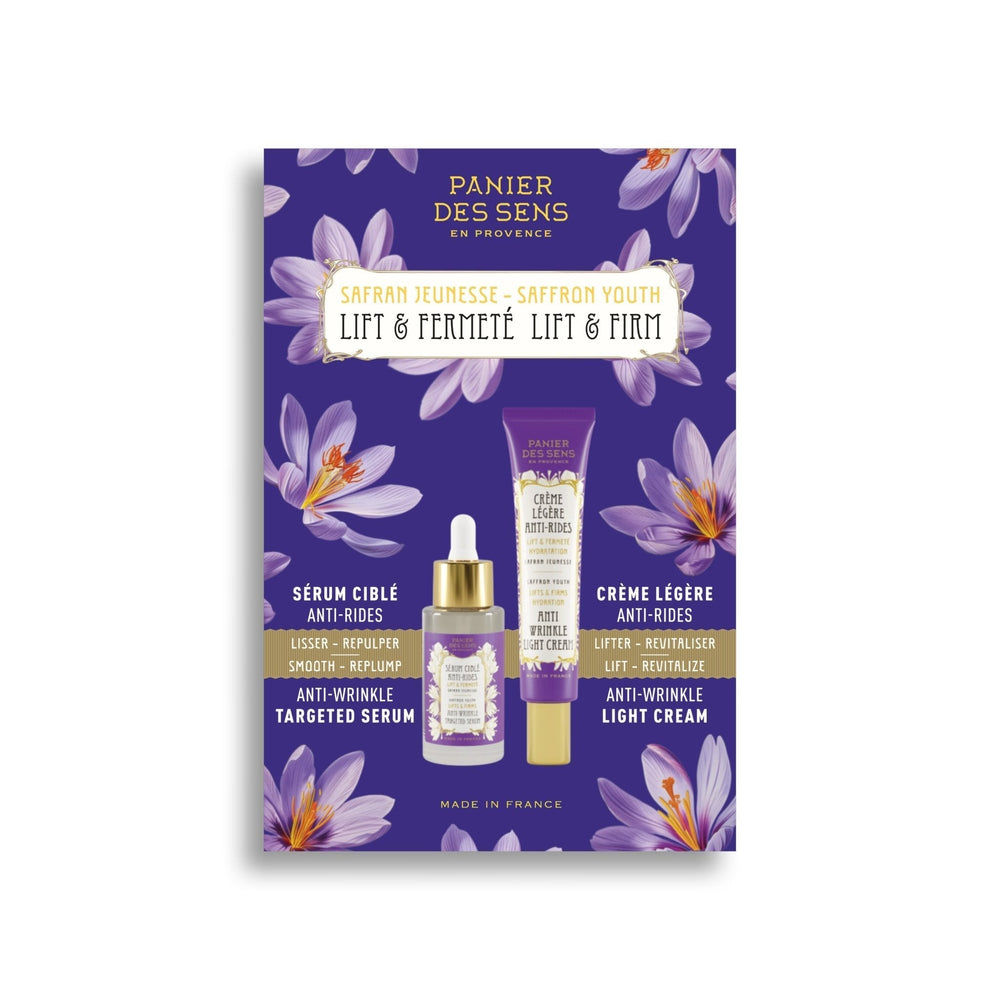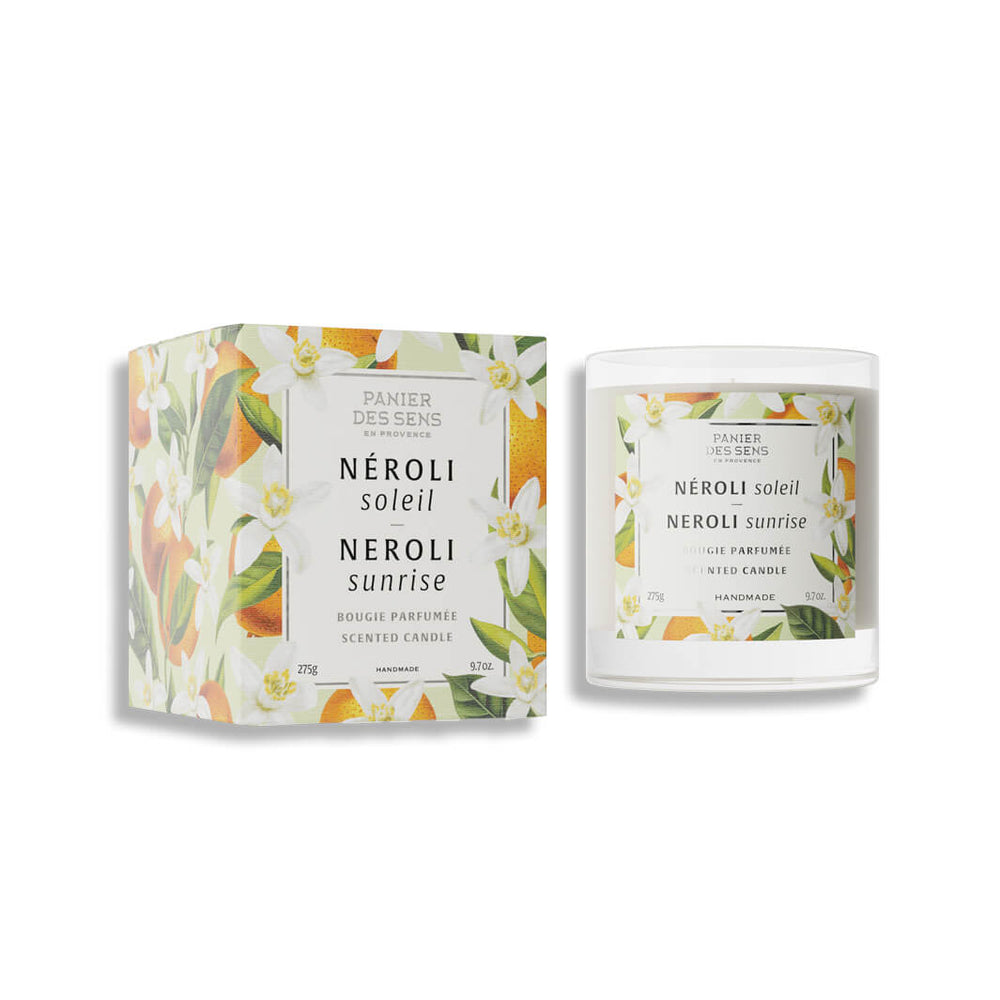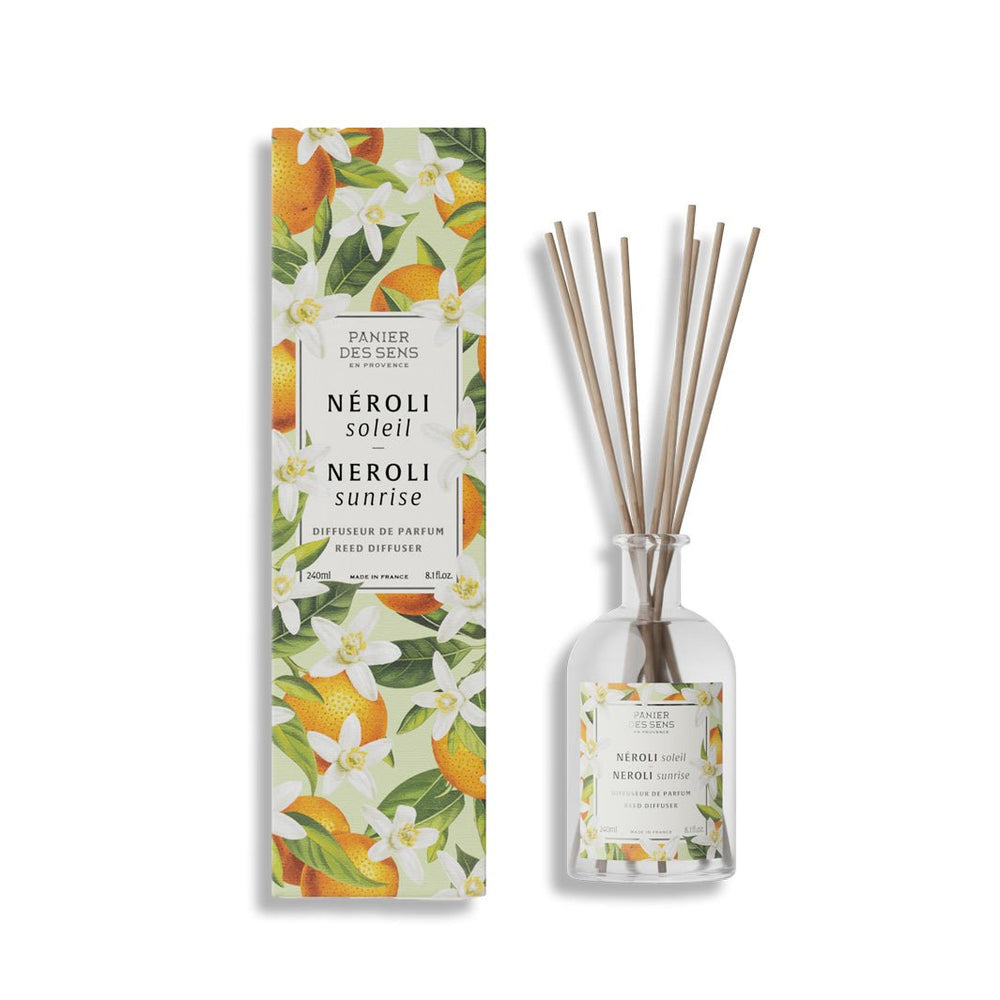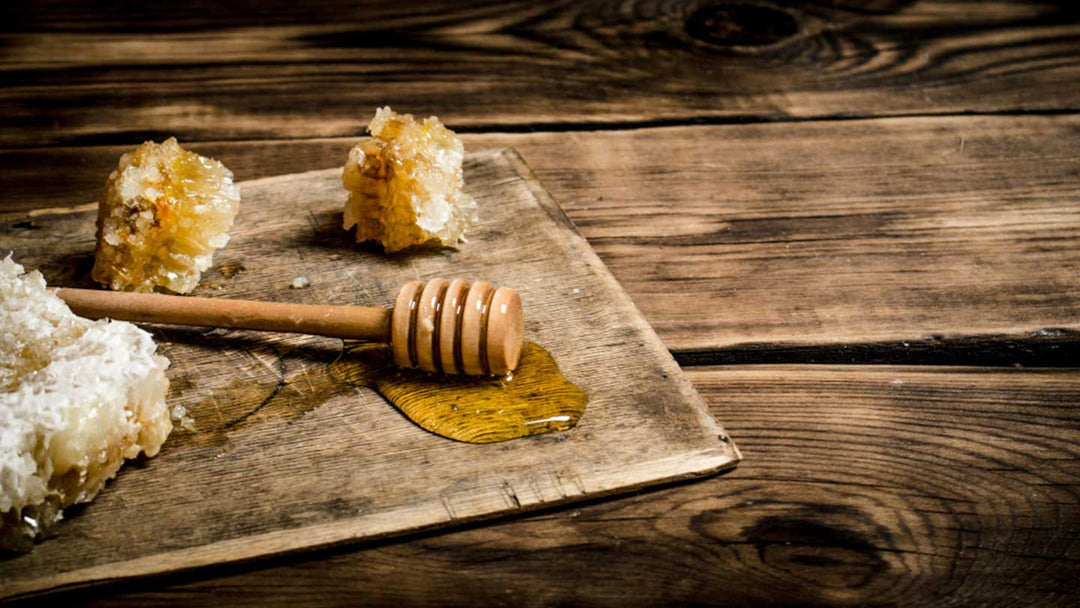Solid or liquid soap? The complete guide with Panier des Sens
Solid soaps vs. liquid soaps: the ultimate guide to choosing your ideal skin care product with Panier des Sens
For some years now, the choice between solid and liquid soap has been the subject of debate in the bathroom. More than a simple preference, it reflects a growing awareness of health, ecology and well-being.
So, which should you choose for everyday use that's gentle on the skin and respectful of the environment?
This comparative guide gives you a complete overview so you can make an informed decision.
Origins and authenticity
The traditional art of solid soap
Solid soap has its roots in the Mediterranean, notably in Aleppo and Marseille, where it is still produced by hand. Cooked in a cauldron using traditional methods, it is composed of vegetable oils and soda.
The modern rise of liquid soap
Born in the laboratories of the twentieth century, liquid soap has always been seductive for its ease of use, especially in public and family spaces. Today, it continues to play an important role in everyday life, thanks in particular to new, natural formulations.
Composition and ingredients
Minimalist vs. enriched formulas
Solid soap is appreciated for its natural, minimalist formula. It is generally made from natural ingredients, such as vegetable oils (coconut, shea, olive), combined with vegetable lye. This saponification method naturally produces glycerine, making the soap both cleansing and moisturizing.
This type of soap is particularly sought-after in zero-waste or hypoallergenic care routines.
Liquid soap, on the other hand, naturally contains water, making it necessary to add mild preservatives to guarantee product stability. Contrary to popular belief, many liquid soaps have evolved towards more natural, skin-friendly compositions.
At Panier des Sens Sens we are committed to natural cosmetics, and formulate our liquid soaps with 98% naturally-sourced ingredients. We include nourishing plant extracts such as verbena, lavender and almond.
The result? A liquid soap that combines sensory pleasure, daily gentleness and cleansing effectiveness, while remaining suitable for sensitive skin.
Skin types and benefits
Both formats are suitable for all skin types, as long as you choose the right formula:
- Sensitive skin : liquid soap enriched with soothing agents
- Dry skin : liquid soap with sweet almond oil, shea butter or glycerine
Cleaning efficiency
Solid soap: gentle, superfatted cleanser
Solid soap, especially when formulated using traditional techniques (such as cold or pot saponification), is often naturally superfatted. This means that it contains a proportion of non-saponified ingredients, which remain in the final product to protect and nourish the epidermis.
This type of soap is particularly appreciated by people with dry or sensitive skin, as it cleanses thoroughly while leaving a natural protective film. It can be used for hands, body and even face, provided you choose the right formula.
Liquid soap: generous foam for everyday use
Liquid soaps seduce with their fluid texture and ability to lather well, even with a small amount of product. Some liquid soaps are enriched with cleansing agents of plant origin, and designed to respect the skin barrier while offering a pleasant sensory experience.
Liquid soaps are particularly suitable for normal to combination skin, and some specific formulas are even suitable for delicate or mature skin.
Practicality and everyday use
Solid soap: economy and mobility
Solid soap is appreciated for its compact form, easy to slip into a toiletry bag. It's an ideal format for travelers, especially on planes, as it doesn't fall into the category of regulated liquids.
In addition to its portability, it's economical to use: it melts slowly, especially when well stored on a dry soap dish. This format also appeals to followers of the minimalist lifestyle, thanks to its lack of plastic packaging and extended shelf life.
Liquid soap: simplicity and family use
Liquid soap is often preferred for family or collective use, thanks to its pump bottle, which enables the product to be dispensed cleanly without direct contact. This system is more hygienic.
It's also very popular with children, who can use it easily without the risk of slipping or wasting the product. Liquid soap offers a fast, intuitive solution to modern lifestyles.
At Panier des Sens, we offer refillable formatsThis is a real advantage when it comes to combining practicality and ecology.
Environmental impact
Faced with today's ecological challenges, the choice of soap is no longer limited to its efficacy or fragrance. It extends to its impact on the planet, from production to the end of the product's life.
Solid soap: zero waste and a reduced carbon footprint
Solid soap is considered the most eco-responsible option, not least because of its minimal packaging. Sold naked or in recyclable packaging, it generates little waste, and thus considerably reduces the use of plastic.
Liquid soap: refillable formats and recyclable bottles
While liquid soap has often been criticized for being packaged in plastic bottles, things have changed. Many committed brands, such as Panier des Sens, now offer recyclable bottles and, above all, refill formats . refill formatsThis means you can refill your dispensers and reduce waste by 70% to 85% compared with buying a new bottle each time.
Economy and sustainability
When it comes to hygiene products, the economic aspect is often a decisive criterion. But beyond the simple purchase price, it's important to consider the length of use and the refill solutions available.
Solid soap: a sustainable, profitable investment
The solid soap is renowned for its exceptional longevity. Used correctly (stored away from standing water), a bar of soap can last 2 to 3 times longer than a liquid soap of the same volume. Its concentrated formula, with no added water, melts slowly.
This makes it an economical choice over the long term, especially as it is often sold at a very affordable price. For the budget-conscious, it's an effective, long-lasting and affordable alternative.
Liquid soap savings for the whole family
Liquid soap, although more rapidly consumed, can also be economical, provided you opt for family or professional formats. Many responsible brands now offer 1L or even 5L refills, enabling you to refill your pump bottles at lower cost.
These formats reduce the frequency of purchases, while reducing the amount of packaging thrown away.
There's no universal winner in the duel between solid and liquid soaps. The important thing is to choose a product that suits your skin type, your ecological values and your lifestyle. Ideally? Alternate according to your needs!
Our guide to liquid Marseille soap
Marseille soap: know-how, tradition and innovation


